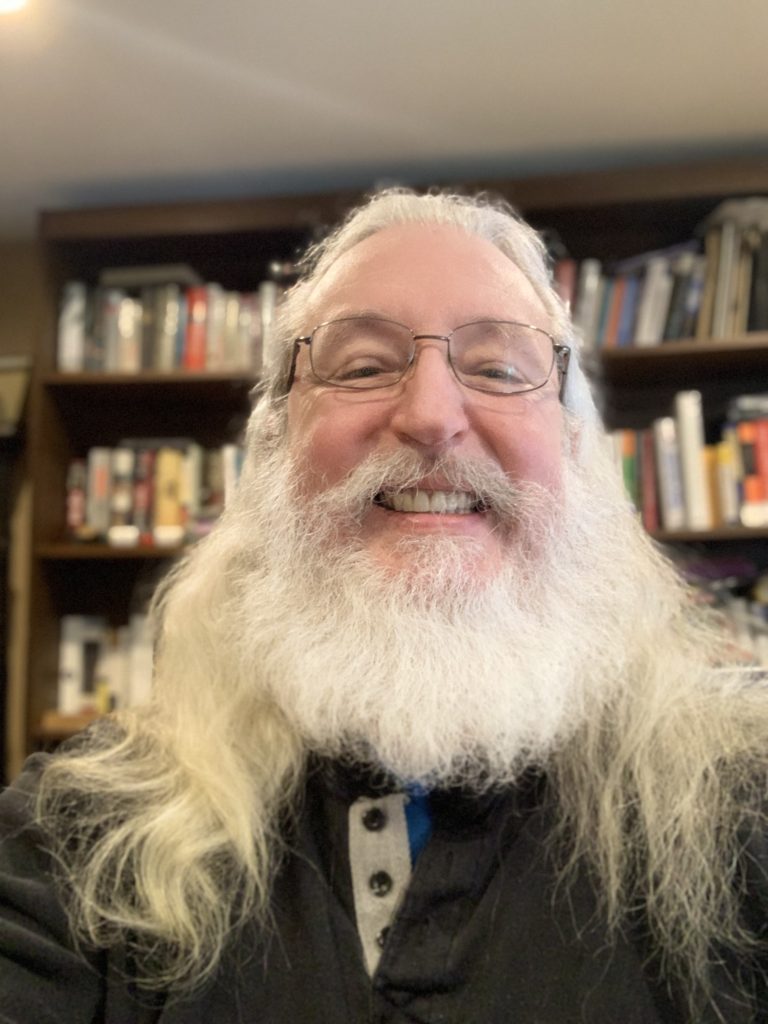Copywriting.org Interviews Tim Diering

Click to Share:
Q1. Where are you from?
Amesbury, Massachusetts
Q2. How did you discover copywriting?
I had read Ogilvy on Advertising around 1992 – and had always wanted to start my own agency – but life and bills got in the way for 20 years. Then, I got a direct mail piece with the headline “Can you write a letter like this?”it was from AWAI – so I got the course and it sat on my shelf for a couple of years before I finally cracked it open and dove into it. By then I had started writing copy professionally (thanks to Peter Bowerman’s book “The Well Fed Writer). I’d also immersed my self in Clayton Makepeace’s work as well. Now, I’ve been writing long form direct response for close to 20 years.
Q3. What forms of copy do you write?
I specialized in long form direct response sales letters, mostly for the big publishers. But also email campaigns, advertorials, network ads etc.
Q4. What are your favorite niches to write in?
I’ve been in financial for most of my career, writing for the big publishers at Agora, but I also love alternative health and self-improvement space.
Q5. What is the #1 lesson you've learned as a copywriter?
Good question. After 20 years, I’d like to think I’ve learned quite a few. Here are the BIG ones: It’s a lot harder to write naturally than most people think; No one knows anything until the numbers are in; asking questions in your copy can be more powerful than making statements, because when encountered with a question, the brain engages differently than when it hears a statement. Basically, the brain relaxes in a way that works to lower the psychological defense mechanisms naturally in place, in a way that makes the mind more open to the answer that follows the question. A well placed question can do a LOT of heavy lifting in your copy.
Q6. Who is your favorite copywriter & why?
Again – there are so many to choose from. But the late Clayton Makepeace’s work helped me get my foot in the door of my first real direct response job, so I will always hold him in high regard. He had a product called “Beat the Blank Page Blues” which offered proven templates for long and medium length sales letters. When i have the chance to do my first spec assignment, after I did my research, I simply went through the template and wrote it step by step. I got the job, and haven’t looked back since.
Q7. Do you have any recent wins to share?
Very good question. The business has changed so much in just the past 6 months, it’s been hard to land a “win” – but I have a front end that’s bringing in names consistently, and that lays the foundation for the back-end promotions. I’ve had front ends run for 18 months or more; I’ve had back ends that made me 10X more money than my initial fee – that’s always a good feeling. I’ve had multimillion wins with cryptocurrency services, with options services, and stock teases for new companies with breakthrough technologies. After 20 years, if the winners have outweighed the losers, you’ve done well. I believe I’ve done well.
Q8. What would you say to a prospective client who wants to hire you?
Well, not to sound like a broken record – but after 20 years writing copy, there’s very little I haven’t seen, and very little I haven’t done. That knowledge and experience is what I bring to every project. But it’s not to say I know everything. I’m still learning. There are always new ideas, new opportunities, new chances to learn and discover different approaches, different technologies, new processes. I recently discovered a unique strategy for email campaigns that create an actual conversation with the prospect, which breaks down barriers and makes closing much easier. Also, my experience has allowed me the opportunities to train, nurture and coach less experienced copywriters. Which could be invaluable if you’re looking to take your copy teams to the next level.
Q9. What is a good email address for prospective clients to contact you?
tim@dieringdirect.com